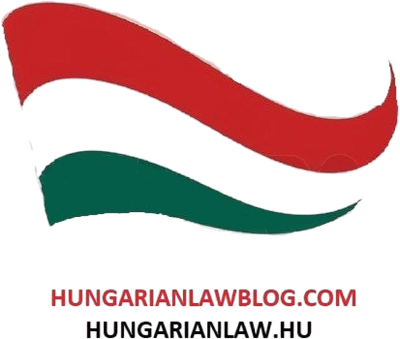In the case of a gift, the donor transfers the ownership of an object to the donee free of charge, with the possibility of reclaiming it under certain circumstances.
One of the legal bases for reclaiming a gift is if the donor needs it for his/her subsistence. It is important to note that only the gift still existing can be recovered and only if its return does not endanger the subsistence of the donee. The donee is not obliged to return the gift even if the donor adequately provides for the donor's subsistence by means of an annuity or maintenance in kind.
The gift may also be recovered for a serious infringement committed by the donee or a relative living with the donee at the expense of the donor or a close relative. In addition to the above, it is also possible to claim not only the existing gift, but also the value of the value of the gift that has been replaced.
A serious breach of a criminal offence or a breach of a legal obligation is considered to be a serious breach, provided that a final court or administrative decision is not a prerequisite for the claim to be enforceable, but the mere deterioration of the relationship between the parties or the lack of respect for the donor is not sufficient.
The gift cannot be recovered if the gift or the value substituted for it is no longer present at the time the infringement was committed.
Finally, the donor can also claim the gift back if he or she has subsequently made the gift on the basis of a presumption that has been permanently frustrated, without which the gift would not have been made. Three conditions must be considered in this context: (i) the transaction was based on a presumption; (ii) without the presumption the transaction would not have been concluded; (iii) the presumption was subsequently permanently frustrated. In the examination, the circumstances surrounding the gift must be carefully weighed, for example, 'the relationship which existed between the donor and the donee before the gift was made is of great importance; the value of the object of the gift must also be examined, and in connection with this whether the gift is so significant that it may be reasonably inferred that the donor was in fact induced to make the gift by the presumption which he had put forward' [PK. 76].
The gift cannot be recovered or the value substituted for the gift cannot be claimed if the failure of the assumption on which the gift was based was caused by the donor's wrongful conduct.
The gift can never be reclaimed at the normal rate, but it can never be reclaimed even if the gift-giver has forgiven the offence. Forgiveness or waiver of reclaiming is when the gift-giver does not reclaim the gift after a long period of time without good cause.

